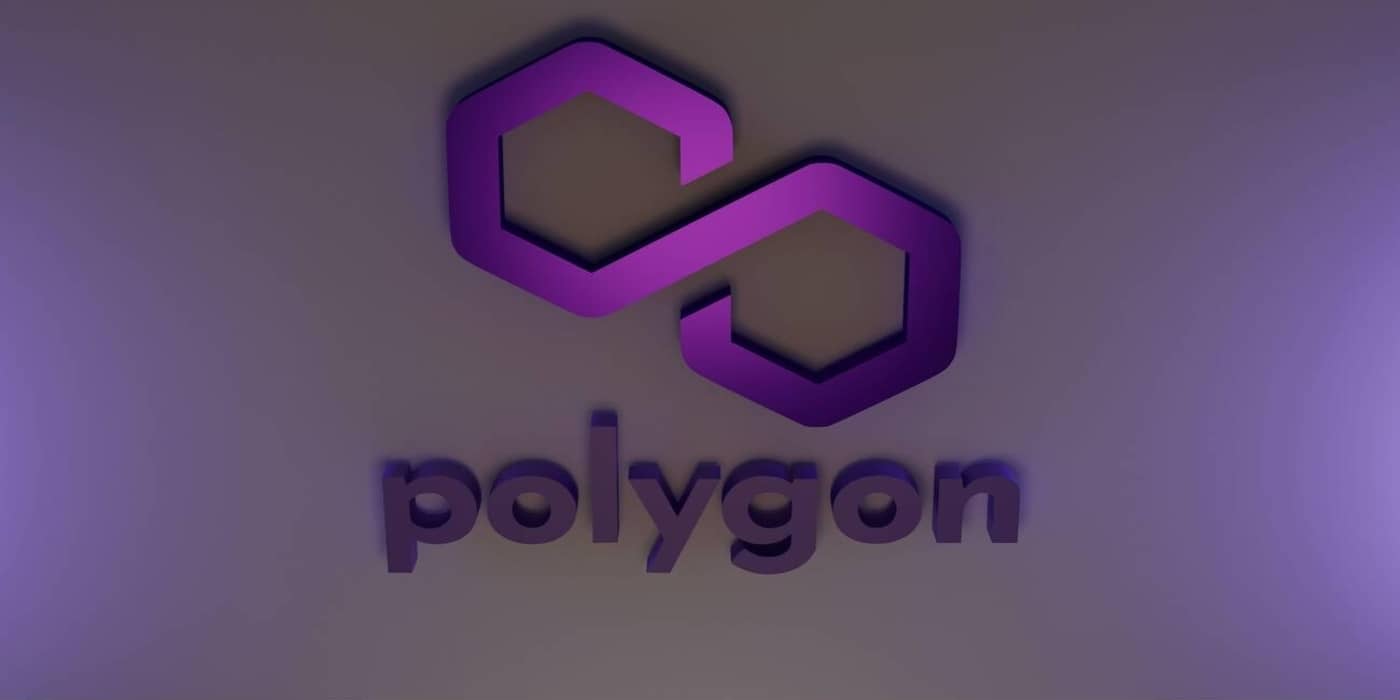Join Our Telegram channel to stay up to date on breaking news coverage
Polygon 2.0 upgrades the internet’s ‘Value Layer,’ allowing for decentralized finance (DeFi), non-fungible tokens (NFTs), and more. Polygon 2.0 is set to revolutionize how value is exchanged and created by fostering innovation and accelerating blockchain adoption.
Polygon 2.0: Empowering Internet’s “Value Layer” for Endless Possibilities
Introducing Polygon 2.0, a groundbreaking update that aims to create a “Value Layer” online. With Polygon 2.0, users can build, exchange, and program value, opening up a whole new world of decentralized finance.
The announcement on June 12 marks an exciting development in blockchain technology, paving the way for more inclusive and innovative digital ecosystems.
As per a Twitter announcement:
Polygon 2.0 is a set of upgrades that radically reimagine almost every aspect of Polygon, from protocol architecture to tokenomics to governance. It is a roadmap for how Polygon will become the Value Layer, offering unlimited scalability and unified liquidity via ZK [zero-knowledge] tech.
Polygon 2.0 aims to create a network of connected chains using ZK technology. ZK technology enables secure validation of statements without revealing unnecessary information. Polygon Labs is opening up new possibilities for decentralized apps by improving network security and efficiency.
As per Polygon Labs:
The network can support a practically unlimited number of chains, and cross-chain interactions can happen safely and instantly, without additional security or trust assumptions. Unlimited scalability and unified liquidity.
Basically, Polygon 2.0 will unify protocols and provide “seamless use” across zk-Ethereum Virtual Machine technology, proof-of-stake, and supernets, making it seem like a single chain, said Polygon Labs president Ryan Wyatt on Twitter. “Token evolution” and “long-term decentralized governance” are also highlighted.
Polygon Labs President Advocates for Web3 Democratization in Congressional Hearing
On June 7, Polygon Labs’ Ryan Wyatt spoke before a congressional committee. Web3 and blockchain technology are great for democratizing the internet, according to the committee’s Subcommittee on Innovation, Data, and Commerce. In addition, they discussed the regulatory challenges and implications of these technologies.
In his testimony, Wyatt noted that users’ data and content are often exploited by a few dominant entities. Blockchain technology, particularly Web3, can solve this issue by creating a more equitable and decentralized Internet.
Using decentralized systems and transparent protocols, Web3 gives users more control over their digital assets. Individuals can directly profit from the value they generate online with this shift towards user empowerment and data sovereignty.
In addition, Wyatt emphasized the importance of regulatory frameworks for a well-functioning blockchain ecosystem. As the blockchain industry rapidly evolves, he argues for clear and balanced regulations that protect investors and promote innovation.
As part of the hearing, the Subcommittee on Innovation, Data, and Commerce explored the potential of Web3 and blockchain technology while addressing regulatory challenges.
The Securities and Exchange Commission recently filed lawsuits against prominent cryptocurrency exchanges, underscoring the need for effective regulation and growth.
Join Our Telegram channel to stay up to date on breaking news coverage


